182 results in Cambridge Studies in International and Comparative Law
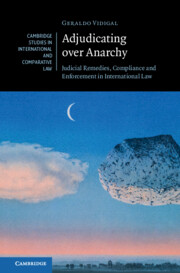
Adjudicating over Anarchy
- Judicial Remedies, Compliance, and Enforcement in International Law
- Coming soon
-
- Expected online publication date:
- September 2025
- Print publication:
- 30 September 2025
-
- Book
- Export citation
Regional Trade Agreements, Prosperity and the Global South
- Normative Beliefs and Interests
- Coming soon
-
- Expected online publication date:
- September 2025
- Print publication:
- 01 October 2026
-
- Book
- Export citation
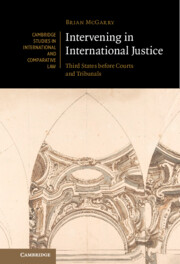
Intervening in International Justice
- Third States before Courts and Tribunals
- Coming soon
-
- Expected online publication date:
- September 2025
- Print publication:
- 30 September 2025
-
- Book
- Export citation
A Theory of International Organizations in Public International Law
- Coming soon
-
- Expected online publication date:
- August 2025
- Print publication:
- 31 August 2025
-
- Book
- Export citation
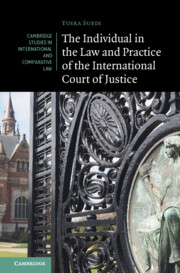
The Individual in the Law and Practice of the International Court of Justice
-
- Published online:
- 25 March 2025
- Print publication:
- 08 May 2025
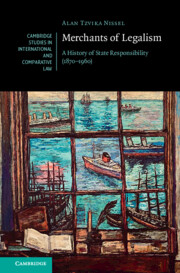
Merchants of Legalism
- A History of State Responsibility (1870–1960)
-
- Published online:
- 19 December 2024
- Print publication:
- 05 December 2024
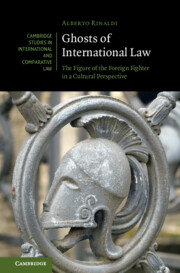
Ghosts of International Law
- The Figure of the Foreign Fighter in a Cultural Perspective
-
- Published online:
- 12 December 2024
- Print publication:
- 19 December 2024
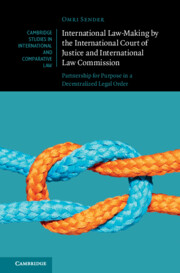
International Law-Making by the International Court of Justice and International Law Commission
- Partnership for Purpose in a Decentralized Legal Order
-
- Published online:
- 22 October 2024
- Print publication:
- 27 June 2024
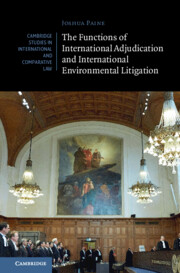
The Functions of International Adjudication and International Environmental Litigation
-
- Published online:
- 23 May 2024
- Print publication:
- 30 May 2024
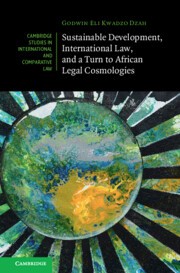
Sustainable Development, International Law, and a Turn to African Legal Cosmologies
-
- Published online:
- 16 May 2024
- Print publication:
- 23 May 2024
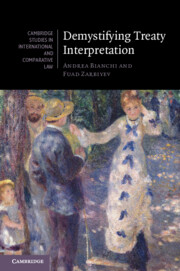
Demystifying Treaty Interpretation
-
- Published online:
- 07 March 2024
- Print publication:
- 14 March 2024
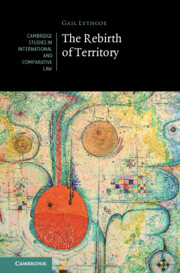
The Rebirth of Territory
-
- Published online:
- 07 March 2024
- Print publication:
- 14 March 2024
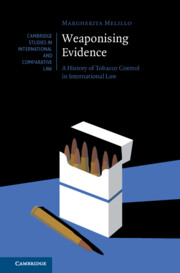
Weaponising Evidence
- A History of Tobacco Control in International Law
-
- Published online:
- 11 January 2024
- Print publication:
- 01 February 2024
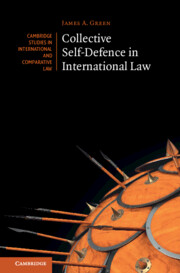
Collective Self-Defence in International Law
-
- Published online:
- 04 January 2024
- Print publication:
- 25 January 2024
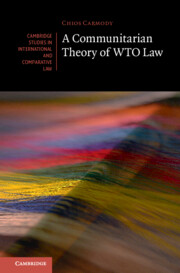
A Communitarian Theory of WTO Law
-
- Published online:
- 14 December 2023
- Print publication:
- 21 December 2023
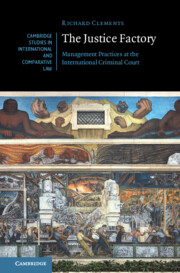
The Justice Factory
- Management Practices at the International Criminal Court
-
- Published online:
- 01 December 2023
- Print publication:
- 18 January 2024
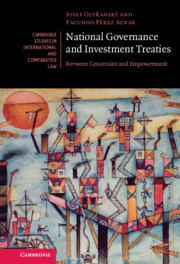
National Governance and Investment Treaties
- Between Constraint and Empowerment
-
- Published online:
- 29 June 2023
- Print publication:
- 13 April 2023
-
- Book
- Export citation
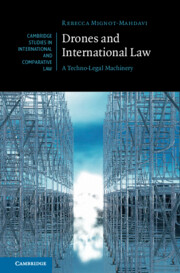
Drones and International Law
- A Techno-Legal Machinery
-
- Published online:
- 31 May 2023
- Print publication:
- 13 July 2023
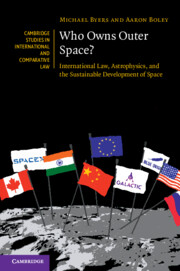
Who Owns Outer Space?
- International Law, Astrophysics, and the Sustainable Development of Space
-
- Published online:
- 06 April 2023
- Print publication:
- 13 April 2023
-
- Book
-
- You have access
- Open access
- Export citation
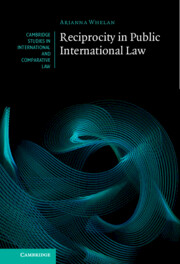
Reciprocity in Public International Law
-
- Published online:
- 23 February 2023
- Print publication:
- 02 March 2023

